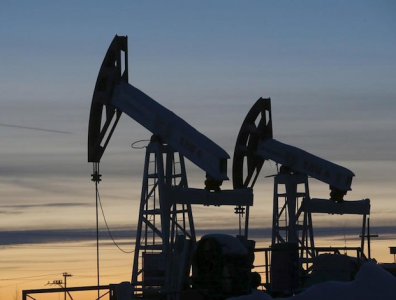
Oil up on Saudi export cut comments
LONDON, July 20, 2018 – Oil prices traded higher early in Europe on Friday, as comments that Saudi Arabia would reduce exports in August tempered fears of oversupply.
New York-traded West Texas Intermediate crude futures gained 23 cents, or 0.34% to $68.47 a barrel by 4:33 AM ET (8:33 GMT).
Meanwhile, Brent crude futures, the benchmark for oil prices outside the U.S., traded up 70 cents, or 0.96%, to $73.28.
Saudi Arabia’s OPEC governor Adeeb Al Aama said that exports in July from the cartel’s top producer would be roughly in line with the 7.2 billion barrels per day that were exported in June, according to a Dow Jones report.
He further noted that the kingdom plans to cut exports by roughly 100,000 barrels per day in August as it works to ensure it does not push oil into the market beyond customers’ needs, avoiding worries that oversupply would curtail prices.
Al Aama indicated that concerns that Saudi Arabia, OPEC’s largest producer and the cartel’s de facto leader, and its partners would oversupply markets are “without basis”.
Oil is on track for weekly losses of about 3% and has declined nearly 8% this month as supply concerns weighed on crude prices.
OPEC and non-OPEC countries led by Russia had agreed to decrease their curbs on output in order to compensate for shortfalls seen in other producers such as Venezuela, Libya or Angola.
However, Libya recently reopened its ports and started exporting oil again after previous closures of its oil fields.
U.S. production will also be in focus later on Friday when Baker Hughes releases its weekly report on drilling activity. The U.S. oil rig count remained unchanged at 863 last week, as drillers appeared to hold output steady given the decline in prices.
In other energy trading, gasoline futures rose 0.85% $2.0645 a gallon by 4:34 AM ET (8:34 GMT), while heating oil advanced 0.78% to $2.1063 a gallon.
Lastly, natural gas futures edged forward 0.18% to $2.774 per million British thermal units, extending strong gains seen a day earlier after storage data showed a smaller-than-expected build in stockpiles.
Read our latest insights on:


 Multinational
Multinational 



















